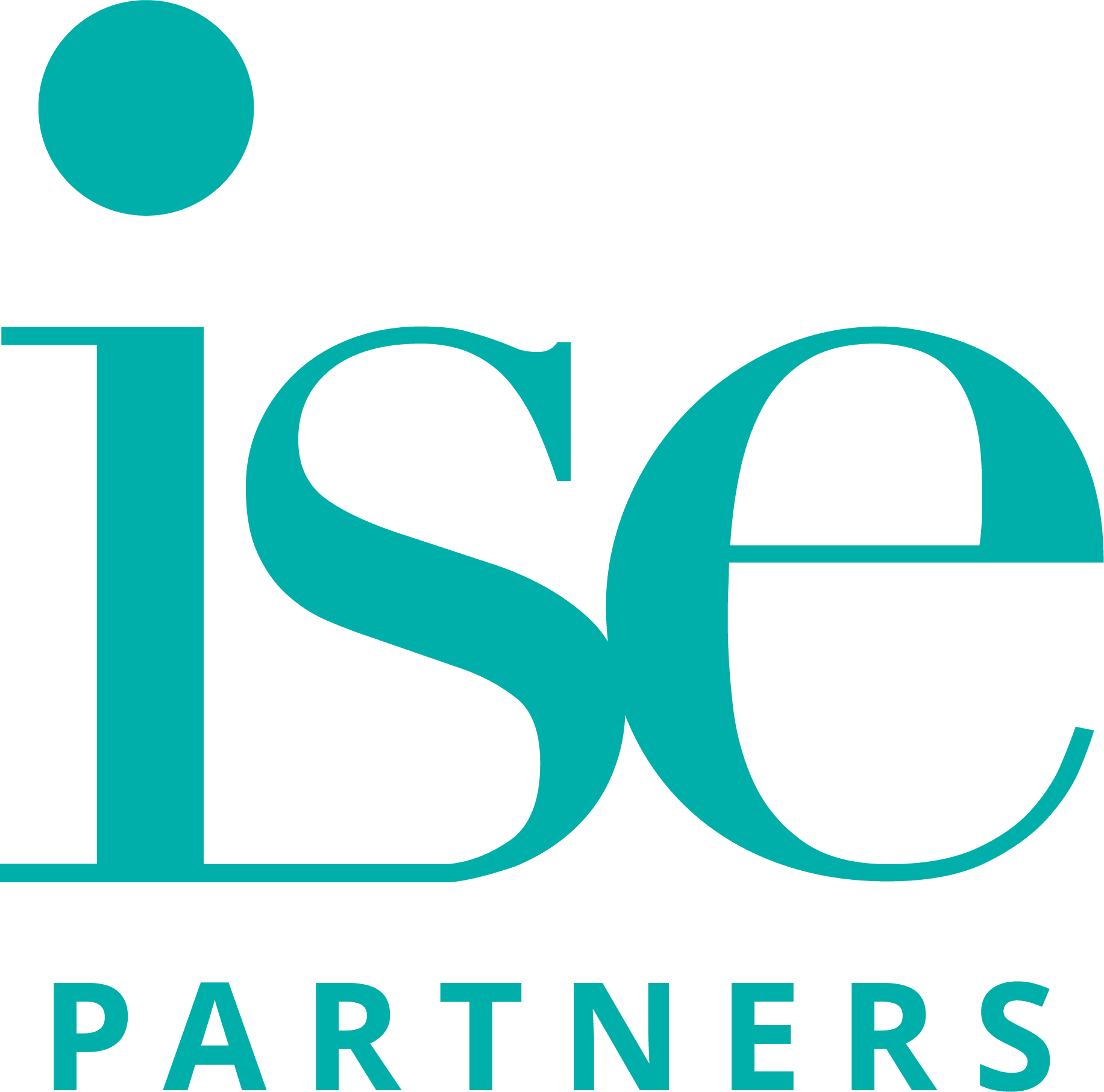In today’s fast-paced professional world, the role of a Personal Assistant (PA) has evolved far beyond diary management and travel booking. A Personal Assistant is a trusted right-hand support, often acting as the gatekeeper, organiser, and problem-solver for high-profile individuals, entrepreneurs, and executives. But what exactly does a Personal Assistant do, and how does this role differ from other support positions?
Whether you're considering hiring a PA or exploring the career path yourself, understanding the scope and value of this role is essential.

Defining the Role
A Personal Assistant is responsible for supporting an individual, typically a senior executive, entrepreneur, or public figure, in both professional and personal capacities. Unlike an Executive Assistant (EA), whose focus is primarily corporate, a PA’s remit often extends into the personal realm. This might include managing household staff, coordinating family schedules, or even planning private events.
The role is highly tailored to the needs of the individual they support. Some PAs work in corporate settings, while others operate from private households or travel extensively with their employer. Flexibility, discretion, and emotional intelligence are key traits of a successful PA.
Core Responsibilities
While no two PA roles are identical, common responsibilities include:
- Diary and calendar management
Scheduling meetings, appointments, and personal engagements.
- Travel coordination
Booking flights, accommodation, and creating detailed itineraries.
- Event planning
Organising both professional and personal events, from board meetings to birthday parties.
- Household management
Liaising with domestic staff, contractors, and service providers.
- Errands and personal tasks
From gift shopping to booking medical appointments.
- Gatekeeping
Managing communications and acting as a buffer between the principal and external contacts.

Who Needs a Personal Assistant?
The demand for Personal Assistants spans industries and lifestyles. High-net-worth individuals, celebrities, entrepreneurs, and senior executives often require dedicated support to manage their complex schedules and responsibilities.
In some cases, a PA may work alongside an EA, with the EA focusing on business operations and the PA handling personal matters. In others, the PA may be the sole support, managing both spheres seamlessly.
Key Skills and Attributes
Being a Personal Assistant requires more than just organisational prowess. The best PAs are:
- Discreet and trustworthy
Handling sensitive information with care
- Emotionally intelligent
Navigating interpersonal dynamics with tact
- Proactive and resourceful
Anticipating needs before they arise
- Flexible and adaptable
Responding calmly to last-minute changes
- Tech-savvy
Using digital tools to streamline tasks and communication
How to Become a Personal Assistant
There’s no single route into the profession, but many successful PAs start in administrative or support roles and build their experience over time. Key steps include:
- Gaining relevant experience: Roles such as receptionist, team assistant, or office manager provide a strong foundation.
- Developing soft skills: Communication, discretion, and time management are critical.
- Building a network: Recruitment agencies such as ISE Partners specialise in placing high-calibre PAs with top-tier clients
- Tailoring your CV Highlighting relevant experience and showcasing your ability to manage complex tasks independently.
For those looking to transition from entry level admin positions to PA, understanding the nuances of personal support, such as managing household logistics or handling complex diaries, is crucial.
In essence, a PA ensures that their principal’s life runs smoothly, freeing them to focus on high-level decision-making and strategic priorities.

Personal Assistant vs Executive Assistant: What’s the Difference?
While the titles are sometimes used interchangeably, there are distinct differences between a PA and an EA. An Executive Assistant typically supports a senior leader within a corporate structure, focusing on business operations, stakeholder management, and strategic support.
A Personal Assistant, on the other hand, may support the same level of seniority but with a broader remit that includes personal and lifestyle management. The PA role often requires more flexibility and a willingness to step outside traditional office tasks.
For a deeper dive into the differences, read our comparison: Executive Assistant vs Personal Assistant: Key Differences.
Why the Role Matters
A great Personal Assistant can transform the life of the person they support. By handling the details, managing the logistics, and anticipating needs, they create space for their principal to focus on what matters most, whether that’s business growth, creative pursuits, or family time.
In a world where time is the most precious resource, a PA is not just a support function, they’re a strategic asset.
Interested in Hiring a Personal Assistant or Exploring PA Roles?
ISE Partners specialises in placing exceptional support professionals with London’s leading businesses and individuals. Get in touch to learn more about how we can help hire your next PA or explore our latest opportunities.



